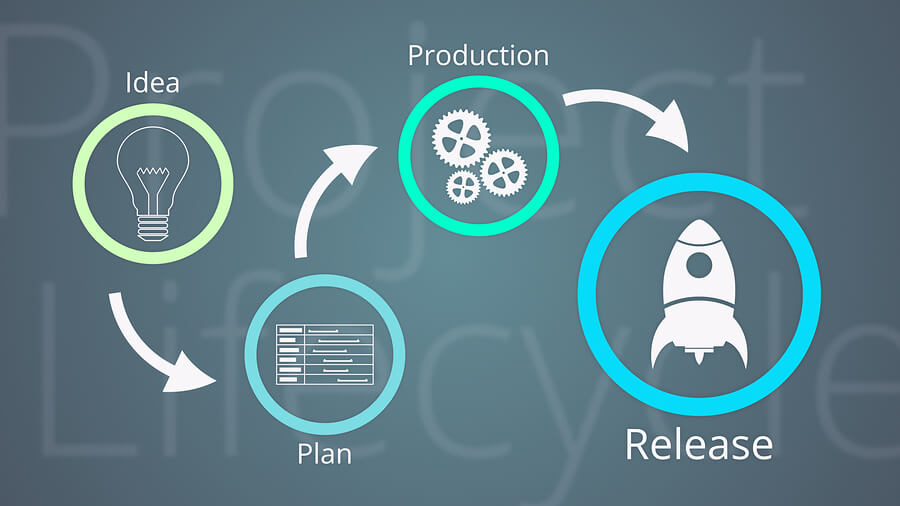In this blog article I will describe some essential characteristics that should be taken into consideration to evaluate UC platform.
Backwards Compatibility
Some UC solutions are still developed and managed without foreseeing a need for backwards compatibility. So, after a major upgrade of the platform, features might be removed.
A product should strive to protect the investment made by those people using the product, especially to minimize the work needed to maintain the product. After any major or minor upgrade, the old features should remain functional.
This logic must also be extended to hardware components (such as phones). For example, when the UC server platform is upgraded, support for existing hardware should continue.
It is acceptable for any IT solution to put an end-of-life date on a part of the system, but this information must be clearly published.
Whether you want to build a UC platform or choose one, pay particular attention to backward compatibility.
Continue reading “What You Should Know to Evaluate UC Platform”

 In this blog article I will provide some best practices for deployment planning that our UC platform will need, to work as expected.
In this blog article I will provide some best practices for deployment planning that our UC platform will need, to work as expected.

